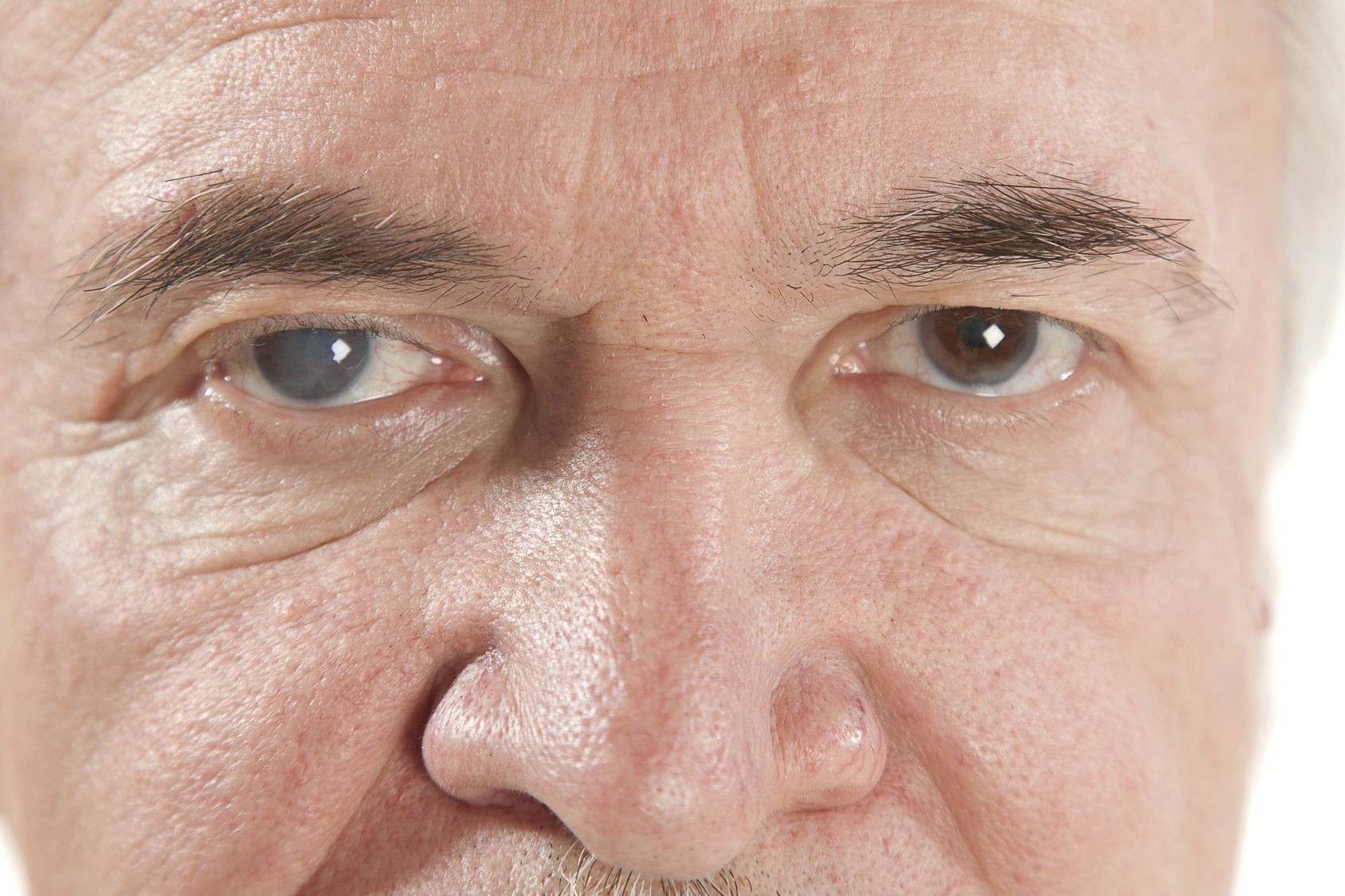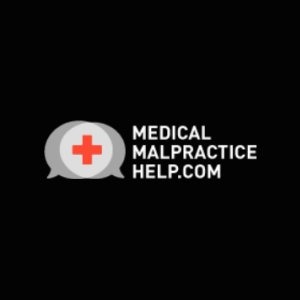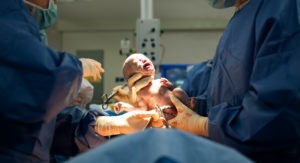 Learn what a cataract is and how a doctor can be liable when a patient suffers complications from treatment.
Learn what a cataract is and how a doctor can be liable when a patient suffers complications from treatment.
A cataract is a medical condition in which the lens of your eye becomes cloudy. It can blur your vision, making it seem as though you are viewing the world through a fogged-up window. It is not a deadly or particularly dangerous condition in and of itself, but its detrimental effects on your vision can make certain activities riskier — for instance, driving, bicycling, or using stairways.
Getting rid of a cataract requires a specific type of surgery. While the procedure is common and relatively safe, complications are always a possibility. If a complication occurs because of the negligence of a doctor or one of his or her staff members, and this complication leads to an injury, you may have grounds for a medical malpractice lawsuit.
Common Symptoms of Cataracts
Most cataracts start small and slowly grow over time. It is rare to wake up one morning and have completely clouded-over vision from a cataract. In most cases, you will notice one or more of the following symptoms gradually appear:
- Clouded, blurred, or dimmed vision
- Decreased night vision
- Increased sensitivity to light and glare
- Difficulty reading in dim lights
- Seeing halos around lights
- Changes in contacts or glasses prescription
- Not seeing colors sharply
- Double vision in one eye
Following the diagnosis of a cataract, your doctor should go over your options with you. If he or she recommends surgery, he or she has a duty of informed consent—the requirement to explain all the risks to you and make sure you understand them fully.
If your doctor does not fulfill this duty of informed consent and something goes wrong during surgery, even if it is not the doctor’s fault or a result of negligence, he or she may be liable for medical malpractice because you would have lacked the information needed to make an educated decision about having surgery.
Cataract Surgery and Medical Malpractice
Even if your doctor reviews the risks of surgery with you, it does not absolve him or her of blame in situations of negligence. If you suffered complications from cataract surgery, a medical malpractice attorney can investigate your injury and advise you on whether you may be entitled to compensation.
If the evidence reveals the following four conditions, you have grounds to pursue medical malpractice damages:
- The doctor owed you a duty of care (all doctors owe this duty to their patients);
- The doctor did not uphold his or her duty of care (by behaving negligently or below professional standards);
- You suffered an injury because of the doctor’s negligence;
- You incurred economic or non-economic damages because of your injury.
Call 888-526-8947 for a Free Medical Malpractice Evaluation
The attorneys at Newsome | Melton are eager to help you recover medical malpractice damages from your doctor for injuries suffered during cataract surgery. For a free case evaluation with a member of our staff, call 888-526-8947.
Cataract - Frequently Asked Questions

Tort reform is any law passed that either changes tort law, or changes the process of seeking justice, but the majority of changes fall under four categories. Non-economic Damage Caps These caps limit the large amounts awarded if the damages do not affect economic status. Proponents state this will realign the damage awards with the
Read More
Tumors of the uterine cervix are known as cervical polyps, sometimes these polyps can be growths as opposed to cancerous tumors. The cervix is an important organ as it is what connects the uterus to the vagina. Polyps in the cervix are most often benign; however, there are instances in which these growths are a
Read MoreCataract - News Articles

Toniquea Rivers was just seven months into her pregnancy when she was rushed to the Saint Francis Medical Center in Trenton, NJ. Rivers’ doctors found that her baby was in distress and scheduled an emergency caesarean section for that day. Her baby boy, Zion Rivers, was successfully delivered on January 27, 2012 by C-section. Soon
Read More
David Robinson was just 35-years-old when he found blood in his stool. He decided to visit a clinic, staffed by the American Health Network, a private physician group practice that operates in more than 70 offices in Indiana and Ohio. According to a medical malpractice lawsuit, filed on behalf of Robinson, because of the physician
Read More